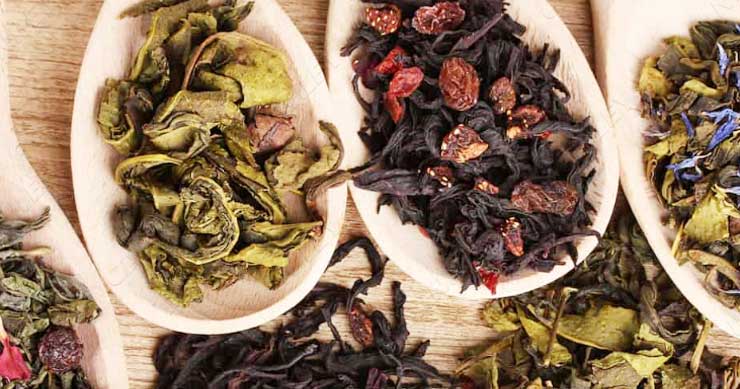Tea has strict safety regulations and the quality of the tea and its long-term sustainability have become key variables in order to reach a wider market. In this article, we will discuss what is required on tea packaging that every tea processing plant must know.

- Information panel
The information panel is where businesses have to provide all relevant information about their products. This includes: tea name and dietary status, ingredient list, net amount, country of origin of tea, name and address of manufacturer, packer or importer, storage instructions, best before date or use by date, batch number, all these information must be displayed in a clear and concise manner.
- Identity Statement
The identity statement required for tea packaging is a very important part. This is where the business must include the name of the tea along with any other relevant information. In the United States, tea packaging requirements state that the name of the tea must be displayed in a clear and prominent manner. The name of the tea must be followed by: the word “tea”, the name of the tea variety, and the type of tea. Also, in Europe there are some additional requirements for the declaration of identity. For example, businesses must include the manufacturer’s name and address.
- The origin of tea and the supply chain
The importance of including tea and the supply chain is to let customers know where the product comes from. This is important for businesses because it allows them to build trust with their customers. The way to do this is to add a statement to the label that provides information about the tea’s country of origin. Including this information on the label is a great way to build trust with your customers and show them that you are transparent about where your products come from.
- Tea certification
In order to be able to operate tea in the mainstream market, proper certification must be obtained from the authorities in the relevant jurisdictions. Obtaining this type of certification benefits both the supplier and the customer. Customers can more easily identify high-quality teas, and suppliers can improve the chances of their products being purchased by demonstrating that they have the relevant certifications. There are many different types of tea certified. In the United States, a Food and Drug Administration (FDA) registration number is required. In Europe, the European Commission has a similar scheme called the European Food Safety Authority (EFSA). EFSA is responsible for ensuring food and medicine safety in the EU. These certifications are important for businesses selling products in these markets.
There are still many requirements for tea packaging, you can contact us to discuss with us.
